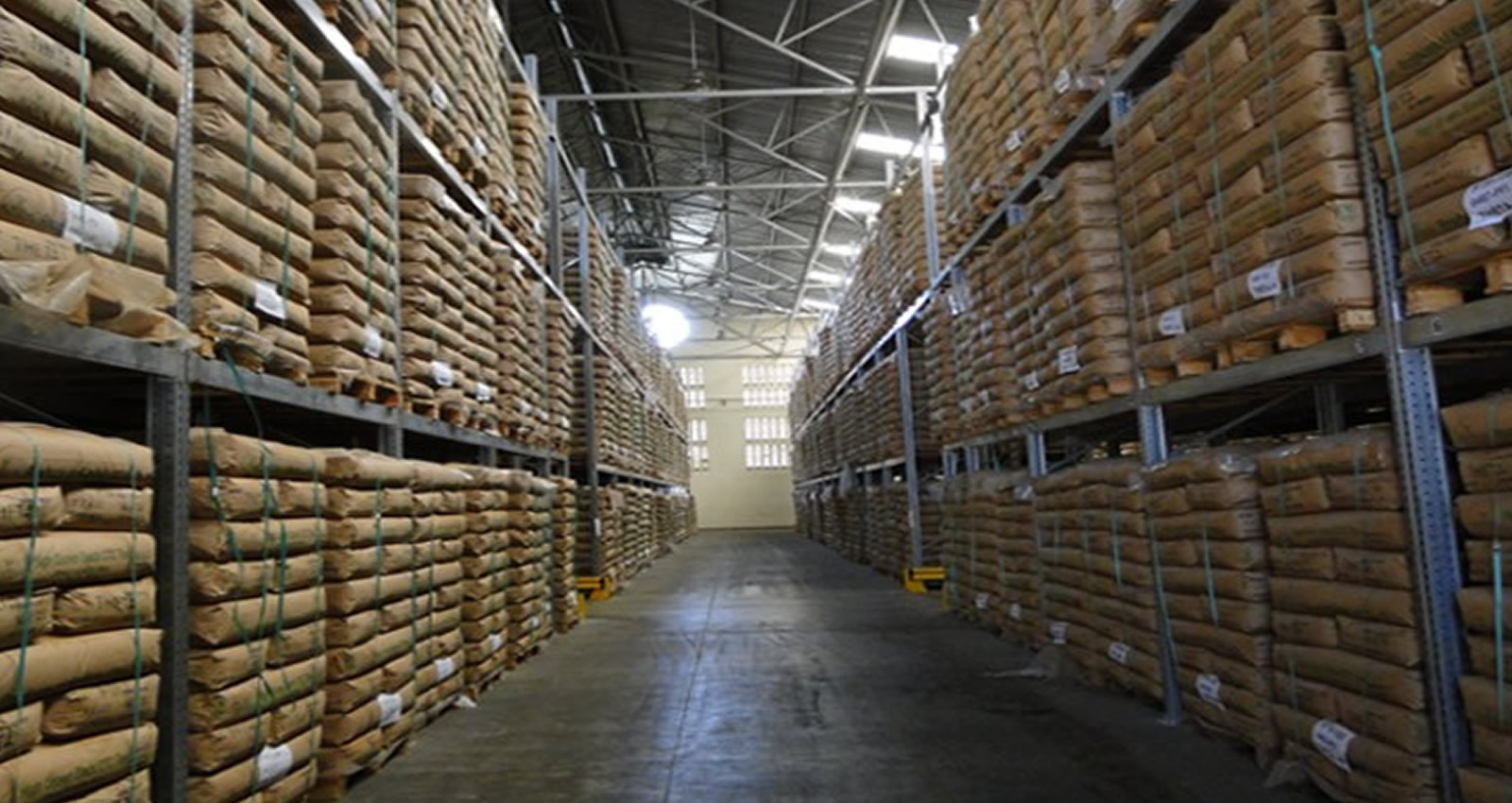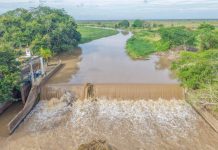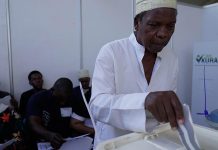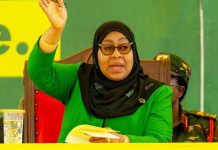A KENYAN company, DL Group has invested in a special warehouse in Dar es Salaam to clear the way for regional tea trading and export through Dar es Salaam Port.
The Executive Chairman of the company, Dr David Langat, said here in Nairobi that now the Rift Valley Tea Solution Ltd Dar es Salaam warehouse has been certified as a member of the East African Tea Trade Association (EATTA) which runs the Mombasa Tea Auction, the largest tea auction in the world.
He said through the certification, Tanzania tea producers will no longer be required to deliver and warehouse tea in Mombasa so as to sell through the Mombasa auction.
He said they can send samples, catalogue and sell directly from Dar es Salaam and export the produce through Dar es Salaam port which will reduce the selling and distribution cost of the producers by more than 50 per cent.
“Lack of an EATTA certified warehouse of this nature gravely undermined efforts toward regional tea cultivation, processing and selling,” Dr Langat explained.
He said tea production and processing was one of the strategic business components in their company’s operations, explaining that company was determined to work very closely with the government and the people in growing and trading tea in Tanzania and the neighbouring countries of Malawi, Mozambique, Burundi, Rwanda and Zambia.
Dr Langat explained that this is the first time EATTA has approved a warehouse outside Mombasa since 1948 that can offer tea for sale through the Mombasa Tea auction, the largest tea auction in the world.
“The biggest constraint was lack of a warehouse that could meet the stringent international standards and requirements.
Having a warehouse is a big step forward,” he explained, adding that their firm’s aim was to ensure warehousing of tea from Burundi, Rwanda, Malawi and Tanzania was done in Dar es Salaam and tea was exported through Dar es Salaam port. He said Tanzania is the second largest tea exporter in East and Central Africa.
“Our aim is to make Tanzania the first largest regional tea exporter because the possibility of increasing production and processing is there,” he said. Tea is one of Tanzania’s eight traditional cash crops.
Other crops are cotton, pyrethrum, cashew nut, sisal, sugar, coffee and tobacco. The United Nations Conference on Trade and Development (UNCTAD) says Tanzania’s climate and soil give the country a comparative advantage in farming a variety of crops.
“The country has 15 million hectares of arable land and 33 million hectares of forest… fortunately, the decline in value of agricultural exports (in Tanzania and her neighbours in the last few years was compensated for by an increase in the value of re-exports, demonstrating the significance of the country’s role as a hub for neighbouring countries,” says the UN agency in a report on Tanzania’s agriculture in 2015.
Dr Langat said President John Pombe Magufuli’s commitment towards transforming Tanzania into midsized and industrial base economy was commendable and would be achieved.
“There is no doubt to His Excellency Magufuli has a clear vision. We are behind him,” Dr Langat who did not go into details said within a short time since he assumed power, President Magufuli made very clear his position on industrialisation.







